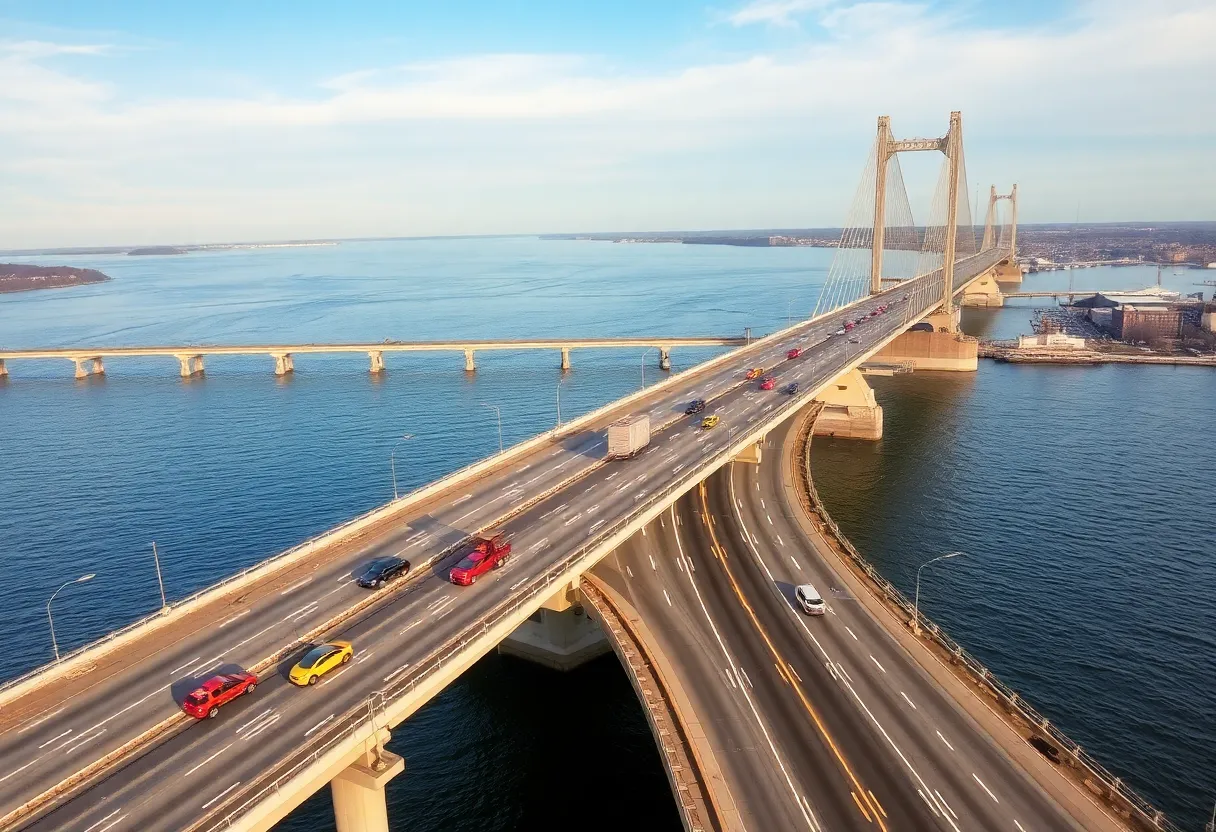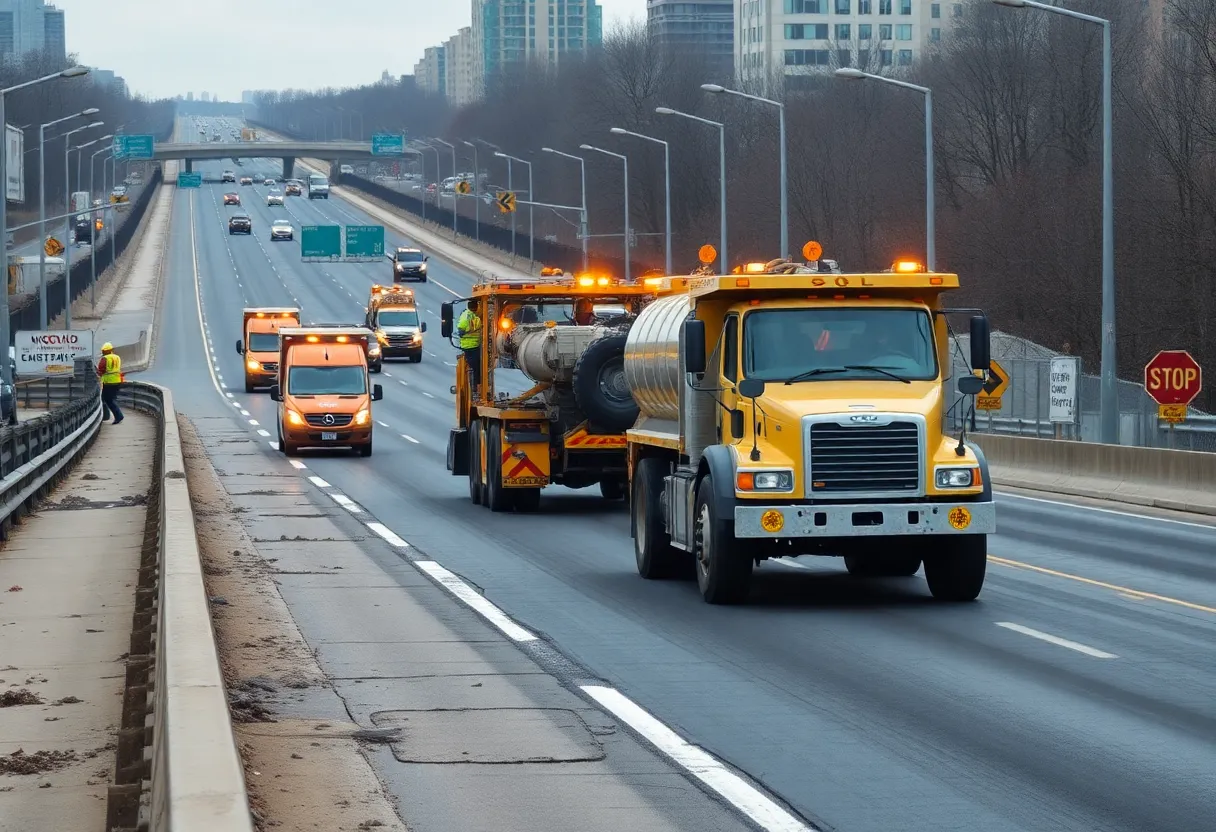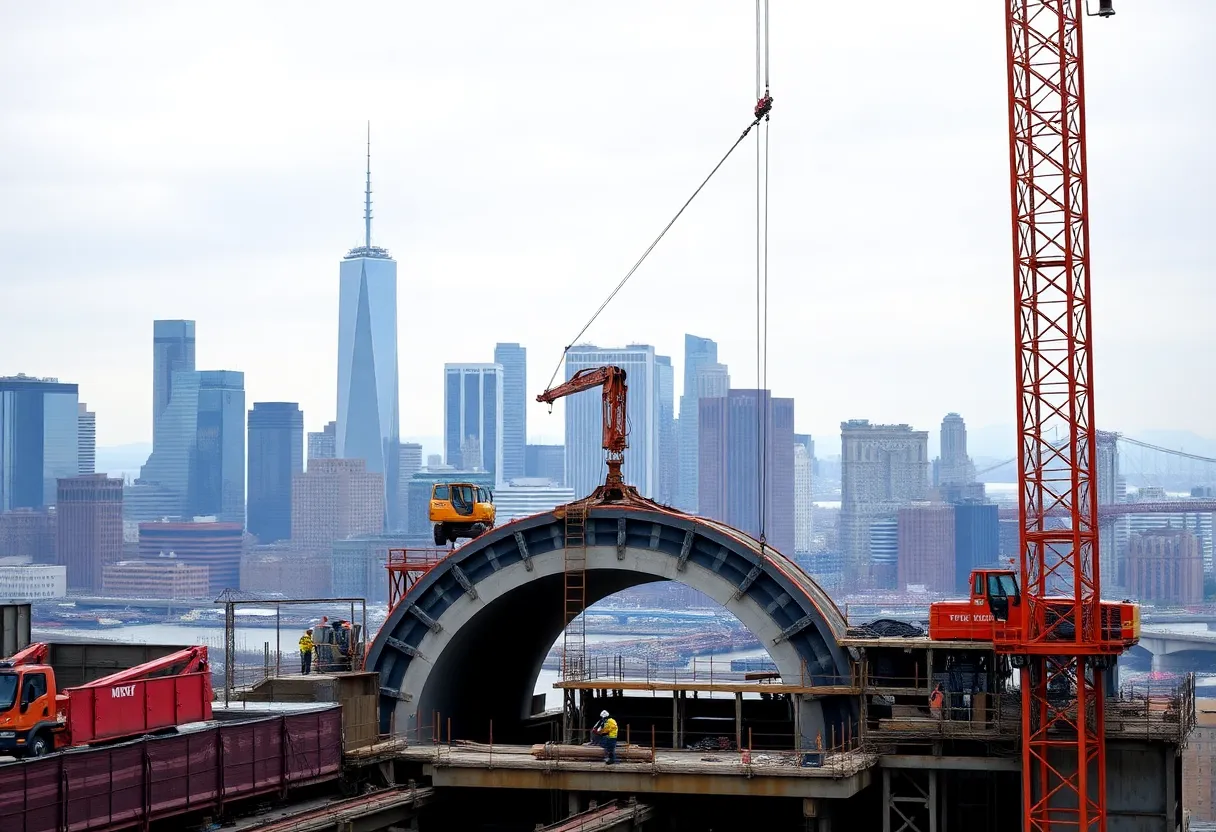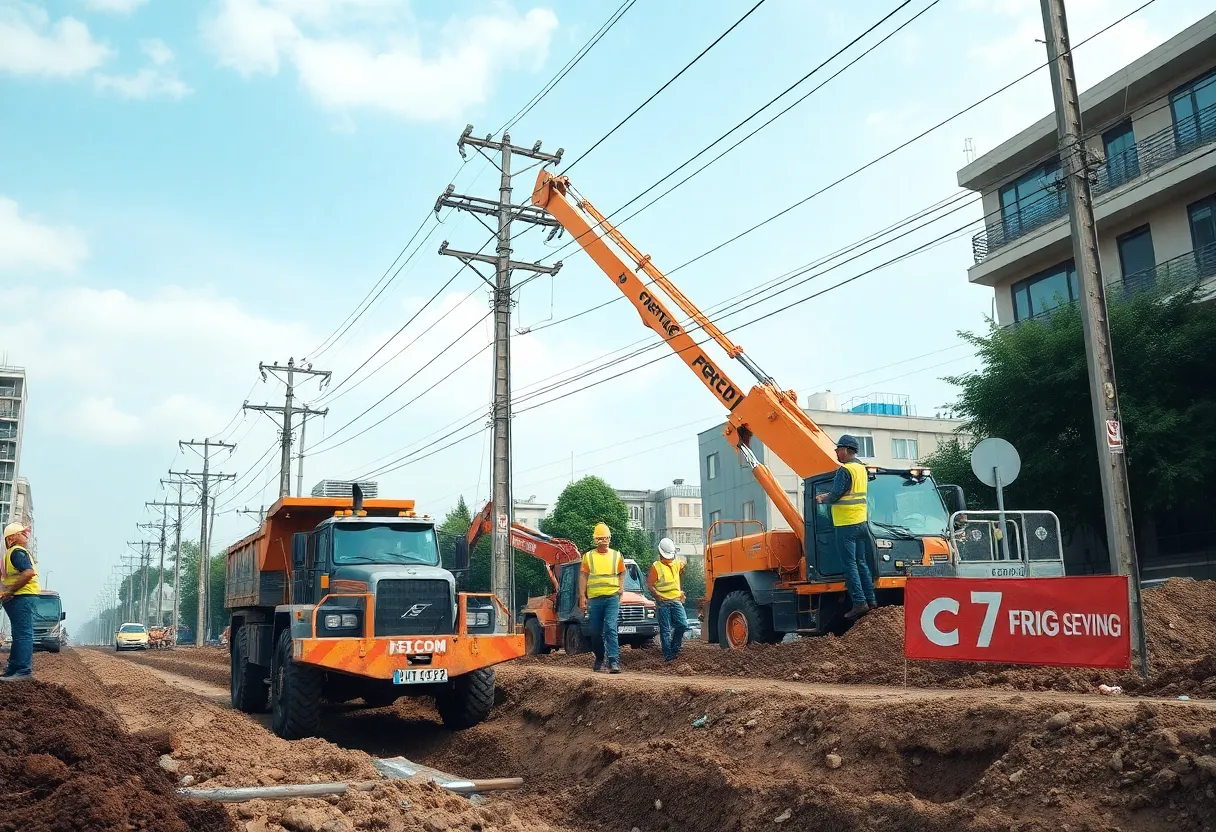News Summary
The Delaware River Joint Toll Bridge Commission has announced plans to raise toll rates on several bridges to combat rising construction costs. The toll adjustment will increase most passenger vehicle fees by 50 cents, while motorists without EZ-Pass will see their costs soar from $2 to $5. The toll hikes aim to ensure financial sustainability amid escalating infrastructure expenses, including significant increases in the prices of materials like asphalt and concrete. A rigorous public hearing process will accompany the proposed changes, allowing community feedback.
Delaware River Bridges Propose Toll Increases to Offset Rising Construction Costs
The Delaware River Joint Toll Bridge Commission has announced plans for a toll adjustment aimed at addressing soaring construction financing costs. If approved, most passenger vehicle tolls will see an increase of 50 cents, raising the rate to $2 per trip starting next year. This adjustment reflects a broader trend of increasing construction expenses that affect infrastructure maintenance across the region.
Details of the Proposed Toll Increases
For motorists without an EZ-Pass, the toll-by-plate cost will rise significantly from $2 to $5. Vehicles measuring 8 feet or taller will face an increase in the EZ-Pass rate by $2, bringing it to $6.50 per axle, while those using the toll-by-plate method will see their rates jump by $3 to $8 per axle. These changes are part of a necessary response to escalating costs in various construction materials and oversight.
Overview of the Toll Bridges
The Commission operates a total of eight toll bridges, which include:
- Milford-Montague (Route 206)
- Delaware Water Gap (I-80)
- Portland-Columbia (Routes 611, 46, 94)
- Easton-Phillipsburg (Route 22)
- I-78
- New Hope-Lambertville (Route 202)
- Scudder Falls (I-295)
- Trenton-Morrisville (Route 1)
Tolls are collected only on the Pennsylvania-bound sides of these bridges, and it’s important to note that the proposed increases do not apply to the Dingmans Bridge, which operates under a separate system.
Financial Justifications for the Increases
The Delaware River Joint Toll Bridge Commission relies solely on toll revenue to function, receiving no public funding or subsidies. This financial structure places significant pressure on the commission as it works to address the rising costs associated with maintaining older infrastructure. The agency must also fulfill a legislative mandate requiring a share of toll revenues to be directed toward maintaining non-highway bridges and pedestrian crossings.
Projections indicate a potential financial shortfall in the agency’s reserve balance and debt service coverage ratio by 2026. As the need for constant oversight and funding for aging infrastructure grows, the increases in construction costs have also become notably dramatic. Over the past five years, costs for materials such as hot-mix asphalt, concrete, structural steel, and fuel have spiked by 28%, 46%, 66%, and 44%, respectively.
Public Input on Toll Increases
Unlike other tolling agencies, the Delaware River Joint Toll Bridge Commission follows a public-hearing process for any proposed toll changes, which includes a period for public comments and virtual hearings. Motorists using the bridges can provide feedback on the proposed increases, ensuring community involvement in financial decisions affecting local travel.
Comparison to Other Tolling Systems
Cash tolls have been eliminated from the system since January 2024, aiming to streamline toll collection processes. In addition, notable changes have occurred on the Pennsylvania Turnpike, which has transitioned to Open Road Tolling. This new system enhances efficiency by using vehicle license plate scanning or E-ZPass for toll processing, thereby improving safety for the driving public.
Moreover, recent toll increases took effect on Delaware River Port Authority bridges, raising rates from $5 to $6.50 for passenger vehicles. This adjustment marks the first change in over 13 years and aims to enhance safety and infrastructure improvements.
To assist regular commuters, options such as discounted toll programs for senior citizens and frequent users of NJ E-ZPass are available, providing incentives for consistent engagement with the toll system.
Deeper Dive: News & Info About This Topic
Additional Resources
- NJ Herald: Toll Increases on Delaware River Bridges
- Wikipedia: Toll Bridge
- NBC Philadelphia: Cashless Tolling on NJ-PA Bridges
- Google Search: Toll Bridges NJ PA
- PA Turnpike: Open Road Tolling Explained
- Encyclopedia Britannica: Toll
- Fox29: Cashless Tolling Enforcement
- CBS News: Toll Increases PA NJ Bridges
Author: Construction NY News
The NEW YORK STAFF WRITER represents the experienced team at constructionnynews.com, your go-to source for actionable local news and information in New York and beyond. Specializing in "news you can use," we cover essential topics like product reviews for personal and business needs, local business directories, politics, real estate trends, neighborhood insights, and state news affecting the area—with deep expertise drawn from years of dedicated reporting and strong community input, including local press releases and business updates. We deliver top reporting on high-value events such as the New York Build Expo, infrastructure breakthroughs, and cutting-edge construction technology showcases. Our coverage extends to key organizations like the Associated General Contractors of New York State and the Building Trades Employers' Association, plus leading businesses in construction and real estate that power the local economy such as Turner Construction Company and CMiC Global. As part of the broader network, including constructioncanews.com, constructiontxnews.com, and constructionflnews.com, we provide comprehensive, credible insights into the dynamic construction landscape across multiple states.





